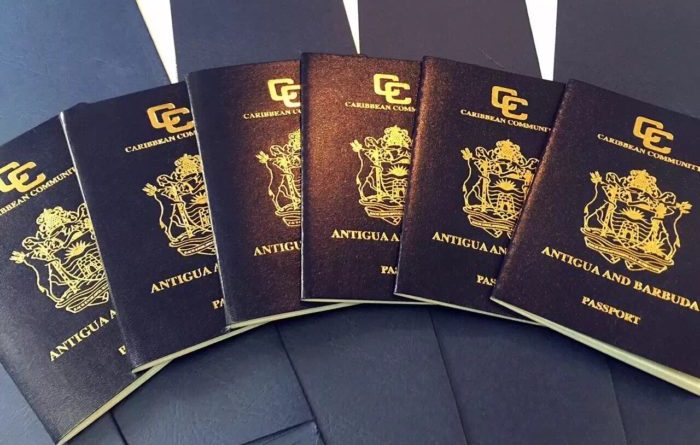(OBSERVER)Despite sustained scrutiny from territories like the European Union (EU) and the United Kingdom (UK), there is some confidence that the citizenship by investment (CBI) schemes operated in the region will continue to attract investors with intentions besides visa-free access to certain countries.
Last week, the UK government announced the immediate imposition of a visa requirement on a handful of countries, including Dominica, for alleged abuse within their CBI programmes. Nationals of these countries will therefore no longer enjoy visa-free travel to the UK, and will also be required to obtain a Direct Airside Transit Visa for transit via the UK.
According to reports, the UK’s concerns surrounding the scheme operated by Dominica include poor due diligence around applications (including those of dependents), the provision for name changes upon receipt of citizenship, the lack of a residency requirement for applicants, and the granting of citizenship to nationals of other countries who ordinarily require visas to enter the UK.
The EU parliament has also threatened similar actions as part of its call for the abolition of the schemes, citing the risk of undesirable characters entering the coveted Schengen Area – which includes countries like France, Germany, Spain and Switzerland.
Along with Antigua and Barbuda and Dominica, Grenada, St Kitts and Nevis, and St Lucia also operate CBI programmes, and are said to be on high alert following the UK’s decision on Dominica.
Political analyst Dr Kristina Hinds – who spoke exclusively to Observer about the UK announcement – says the programmes should still attract applications, even if visa-free access to other territories is off the table.
“What I would say is that that’s not the only reason that people apply to these programmes. [Yes] that’s one reason, but there are other benefits of having multiple passports.
“There are people who may live in particular countries that want the option of having another passport and another citizenship for other reasons outside of the visa reasons – outside of being able to enter various countries.
“They may want to be more easily able to move their money, they may want an option if they live in a country where there may not always be a stable political climate, or they may want an option of somewhere else to live hassle-free.
“So, I don’t think [removing visa-free travel] would get rid of demand [for the programmes] altogether, but for those who are specifically seeking this investment for the purpose of easy entry into multiple countries, it will reduce that [demand]. But I don’t think those are the only people who are pursuing these programmes,” Dr Hinds explained.
Prime Minister Gaston Browne was prompted to write to the EU early last year after news arose that the body was considering removing visa-free travel to the Schengen Area from countries that operate the citizenship programmes.
The PM is said to have outlined the impact that the demise of the programmes could have on Caribbean economies in his letter, and a number of actions were suggested in the subsequent weeks and months to allay some of the concerns raised.
Those concerns seem to have been placed on the proverbial backburner in recent time, but Dr Hinds is of the belief that the EU could yet take a leaf out of the UK’s book.
“I can’t say with a lot of certainty, but I think it is possible. There has been concern about these programmes for some time…[in] some of the IMF documents – the Article IV consultations when they write about the status of different countries – they continue to raise concerns about the viability of the programmes as well.
“Outside of the concerns about the types of persons, the vetting [process], if it can encourage terrorism, money laundering, people with criminal intent being able to flee their countries to avoid things like extradition etc, there are also some concerns about the sustainability of these programmes; if they place countries in precarious financial situations.
“So, there have been a lot of concerns about these programmes, and that makes [action from the EU] possible,” she said.
Meanwhile, veteran attorney, former Member of Parliament and government minister in St Kitts and Nevis, Dwyer Astaphan, says addressing the issues troubling the EU and the UK should be done as a matter of urgency.
“We need to put this as a number one or a top priority issue … our leaders have to deal with this matter urgently and deliberately in the best interest of the people,” he said during an appearance on Observer AM yesterday.
“They must engage the UK government and the EU. If you could have everybody together somehow, find out – because they are part of our market, they are our customers to some extent and our partners – what is it that would satisfy [them]. Cleaning up our regulations? Cleaning up our vigilance?
“If it reaches a point that there is nothing that we can do to satisfy them, then we can conclude that it is spite and bullying on their part, but we haven’t reached that point,” he added.
PM Browne has acknowledged that Antigua and Barbuda should be concerned about the latest developments with the UK, and officials from St Kitts and Nevis, and St Lucia have also spoken out on the matter in the past days.










